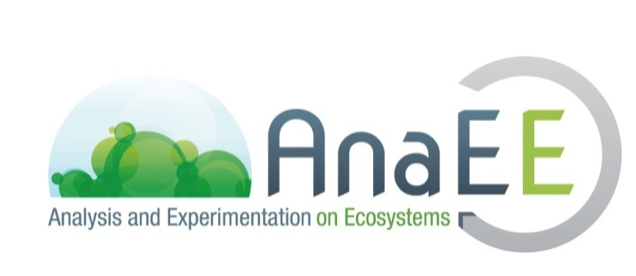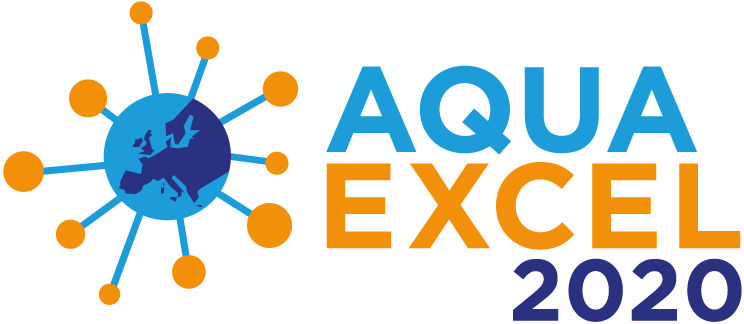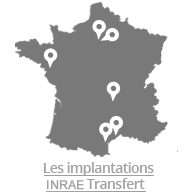
AnaEE (Preparatory Phase):
Infrastructure for Analysis and Experimentation on Ecosystems
Objectives
AnaEE is a Research Infrastructure, registered on the European Strategy Forum on Research Infrastructures (ESFRI 2010) roadmap. The AnaEE Preparatory Phase was initiated in November 2012 until October 2016, followed by the AnaEE Pre-Operational Phase from October 2016 to June 2018.
ANAEE will provide Europe with a distributed and coordinated set of experimental, analytical and modelling platforms to analyse and predict in a precise manner the response of the main continental ecosystems to environmental and land use changes.ANAEE will consist of highly equipped in natura and in vitro experimental platforms associated with sophisticated analytical and modelling platforms coupled to networks of instrumented observation and monitoring sites throughout Europe.
INRA Transfert was in charge of the AnaEE preparatory phase project management, with a consortium of 19 partners from 13 different countries.
INRA Transfert is now in charge of the AnaEE pre-operational phase project management, aiming to build a European Research Infrastructure Consortium (ERIC). This new phase is composed of 5 members (Belgium, Denmark, Israel, France and Czech Republic).
European Commission funding : 3 400 000 € (Budget 4 787 692 €)
Duration : 3,5 years
Start : November 1st 2012
Coordinator : Abad CHABBI (INRA Grignon) - abad.chabbi@inra.fr
Projet manager : Agathe RENARD (INRA Transfert) - agathe.renard@inra.fr
Website : www.anaee.com





